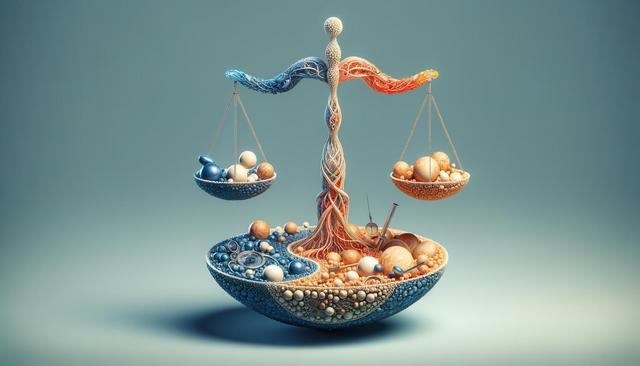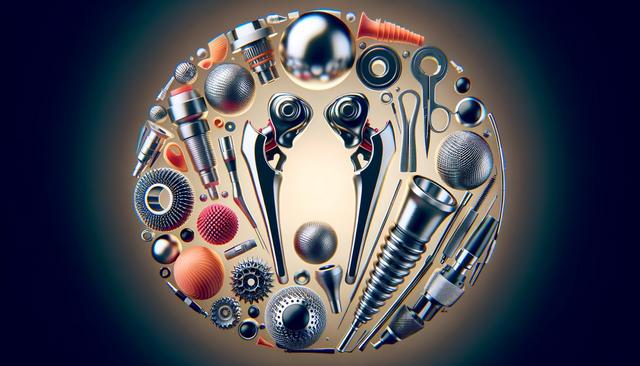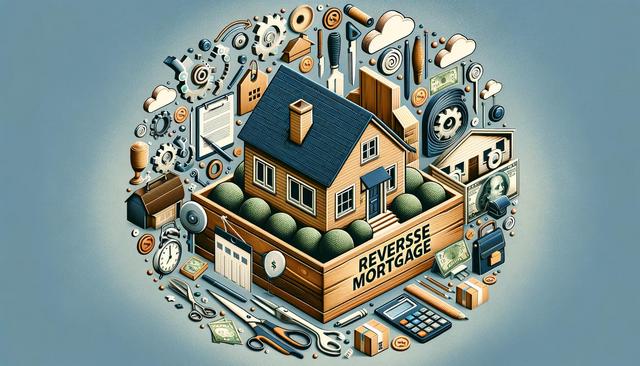Understanding What Happens When Estrogen Drops After Menopause
Estrogen plays a crucial role in a woman’s body, and after menopause, levels can decline significantly. This drop can affect various systems, leading to physical and emotional changes. Understanding what happens when estrogen drops after menopause is the first step to managing these changes effectively.
Common effects of low estrogen include:
- Hot flashes and night sweats
- Vaginal dryness and discomfort during intimacy
- Sleep disturbances
- Mood swings and irritability
- Decreased bone density
These symptoms can vary in intensity but may significantly impact a woman’s quality of life. The decrease in estrogen can also raise the risk of osteoporosis and cardiovascular issues. Recognizing these changes early allows you to explore treatment options and lifestyle adjustments tailored to your needs.
Identifying the Signs of Low Estrogen in Postmenopausal Women
Recognizing the signs of low estrogen in postmenopausal women is essential for timely intervention. Although these signs may differ from person to person, several indicators are commonly reported among women during or after menopause.
Key signs include:
- Irregular or absent menstrual cycles (in perimenopause)
- Persistent fatigue or low energy
- Reduced libido and sexual discomfort
- Thinning hair or dry skin
- Difficulty concentrating or memory lapses
Even subtle symptoms can indicate a hormonal imbalance. Consulting a healthcare provider can help determine if low estrogen is the cause and what steps to take for relief. Early detection makes it easier to manage symptoms before they become more disruptive.
Exploring Hormone Therapy for Menopause Symptoms
Hormone therapy for menopause symptoms remains one of the most discussed treatment paths. It involves restoring estrogen levels in the body to alleviate the discomfort caused by its decline. This therapy is available in various forms, such as pills, patches, gels, or vaginal rings.
Benefits of hormone therapy can include:
- Reduction in hot flashes and night sweats
- Improved vaginal health
- Protection against bone loss
- Enhanced mood and cognitive function
However, not every woman is a candidate for hormone therapy. Factors like age, personal and family medical history, and risk factors for cardiovascular disease or certain cancers must be considered. A healthcare provider can help determine if hormone therapy is appropriate and safe for your situation.
Natural Estrogen Boosters for Women and Lifestyle Adjustments
Some women prefer a more natural approach to managing low estrogen. Natural estrogen boosters for women can support hormonal balance without relying on synthetic hormones. These options may include dietary changes, herbal supplements, and lifestyle modifications.
Popular natural boosters include:
- Phytoestrogens found in soy, flaxseeds, and legumes
- Herbs like black cohosh and red clover
- Regular exercise to support overall hormonal function
- Stress management techniques like yoga or meditation
Incorporating these into a daily routine may help reduce symptoms and promote general well-being. It’s important to consult your doctor before starting any new supplement, even natural ones, to ensure they are suitable for your health profile.
Best Supplements and Non-Hormonal Treatments for Menopause
For those unable or unwilling to use hormone therapy, the best non-hormonal treatments for menopause offer valuable alternatives. Several of these options are supported by research and can help address specific symptoms associated with low estrogen.
Some of the best supplements for low estrogen include:
- Calcium and vitamin D for bone health
- Omega-3 fatty acids for cardiovascular support
- B-complex vitamins for mood and energy
- Magnesium for better sleep and stress reduction
Non-hormonal prescription medications may also be recommended to manage hot flashes or mood changes. Cognitive-behavioral therapy (CBT) has shown promise in helping women cope with emotional symptoms. Each woman’s experience is unique, so it may take time to find the combination of treatments that works well for you.
Conclusion: Tailoring Your Approach to Menopause Wellness
Managing low estrogen after menopause is a personal journey that often involves a combination of treatments and lifestyle changes. Whether you choose hormone therapy, natural estrogen boosters for women, or the best non-hormonal treatments for menopause, understanding your symptoms and options is key. By recognizing the signs of low estrogen in postmenopausal women and exploring effective strategies, you can take meaningful steps toward improved well-being and long-term health. Always consult with a healthcare provider to determine the most appropriate path for your needs.




Leave a Reply